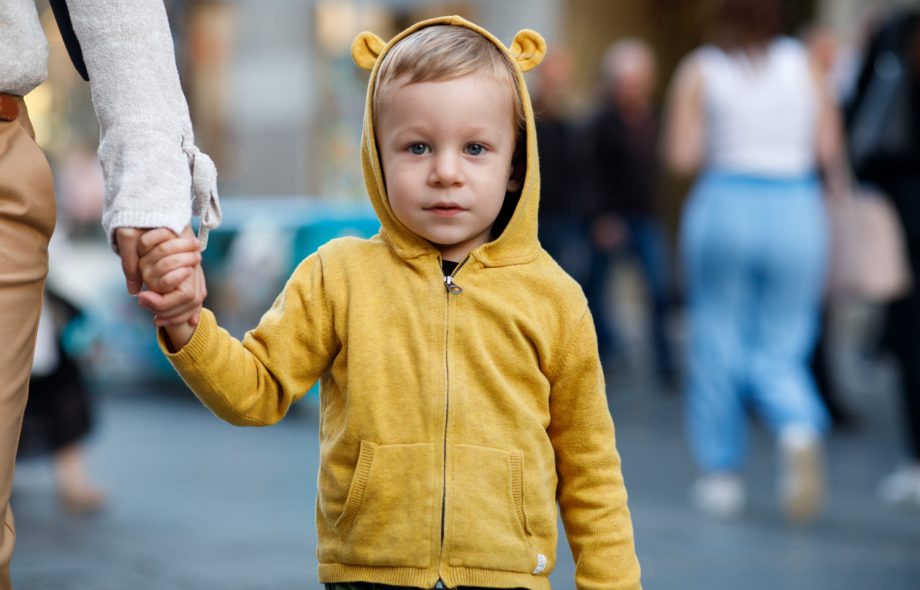Dressing up is not just a fun activity for toddlers; it plays a pivotal role in their cognitive development. This article explores the multifaceted benefits of imaginative play, particularly through dressing up, and how it supports the cognitive growth of young children. From enhancing language skills to fostering problem-solving abilities, the act of dressing up transcends mere play.
Key Points
- Understanding the cognitive benefits of dressing up for toddlers.
- Exploring the role of imaginative play in language and social development.
- Practical tips for parents to encourage dressing up at home.
- Insight into selecting the right toddler dress up set to stimulate learning.
The Cognitive Benefits of Dressing Up
When toddlers engage in dressing up, they do more than just put on costumes. They dive into different characters, scenarios, and worlds, which significantly contributes to their cognitive development in several key areas:
Enhancement of Language Skills
As toddlers dress up and play different roles, they naturally expand their vocabulary. They learn new words and phrases associated with their characters and settings, which enhances their language acquisition and usage.
Development of Social Skills
Imaginative play requires interaction, whether with peers, parents, or even imaginary friends. This interaction helps toddlers learn important social skills such as empathy, turn-taking, and cooperation. Dressing up often involves negotiating roles and rules, which are fundamental aspects of social interaction.
Encouragement of Problem Solving and Critical Thinking
Choosing what to wear for which character and figuring out how to deal with costume malfunctions requires thinking and problem-solving. This kind of play stimulates cognitive processes related to planning, organizing, and executing tasks.
Stimulation of Imagination and Creativity
The act of dressing up and engaging in role-play allows children to use their imagination to create settings, backgrounds, and storylines. This enhances their creativity, an important aspect of cognitive development that supports academic skills later in life.
How Parents Can Support Dressing Up
Parents play a crucial role in facilitating their toddlers’ cognitive growth through dress-up play. Here are some practical ways to encourage this activity:
Providing Diverse Clothing Options
Offering a variety of costumes and accessories can inspire your child to think creatively and develop diverse narratives. This does not necessarily require expensive outfits; even old clothes, fabric pieces, and recyclable materials can serve as great resources.
Creating a Dedicated Space for Dress-Up
Designate a specific area in your home where your child can freely engage in dress-up play. This space should be safe and comfortable, equipped with a mirror, storage for costumes, and perhaps a stage area.
Participating in Dress-Up Play
Joining in on the fun not only makes the play more enjoyable but also gives you the opportunity to guide your child’s play in subtle ways that encourage further learning and development.
Choosing Educational Dress-Up Sets
When selecting a toddler dress up set, consider options that offer educational value, such as sets that include costumes of various professions or cultural dresses, which can open discussions about different societal roles and cultures.
FAQs
At what age should toddlers start dressing up for cognitive benefits?
Toddlers can begin dressing up as soon as they show interest, typically around 18 months, when they start enjoying pretend play.
How often should toddlers engage in dress-up play?
While there’s no set frequency, incorporating dress-up into regular playtime several times a week can effectively support cognitive development.
What if my child doesn’t seem interested in dressing up?
Interest in dress-up varies among children. Encourage them by incorporating their interests and preferences into the costume choices, such as their favorite animals or characters from books and TV shows.
Can dress-up play be educational?
Yes, dress-up play is not only fun but also educational. It helps children learn about the world, develop language skills, solve problems, and negotiate in social settings.
In conclusion, dressing up is a powerful tool in supporting cognitive growth in toddlers. It nurtures creativity, boosts language development, enhances social skills, and fosters problem-solving abilities. By actively providing opportunities for dress-up play, parents can significantly contribute to their child’s overall cognitive development.
 :
https://magickalwear.com/
:
https://magickalwear.com/

